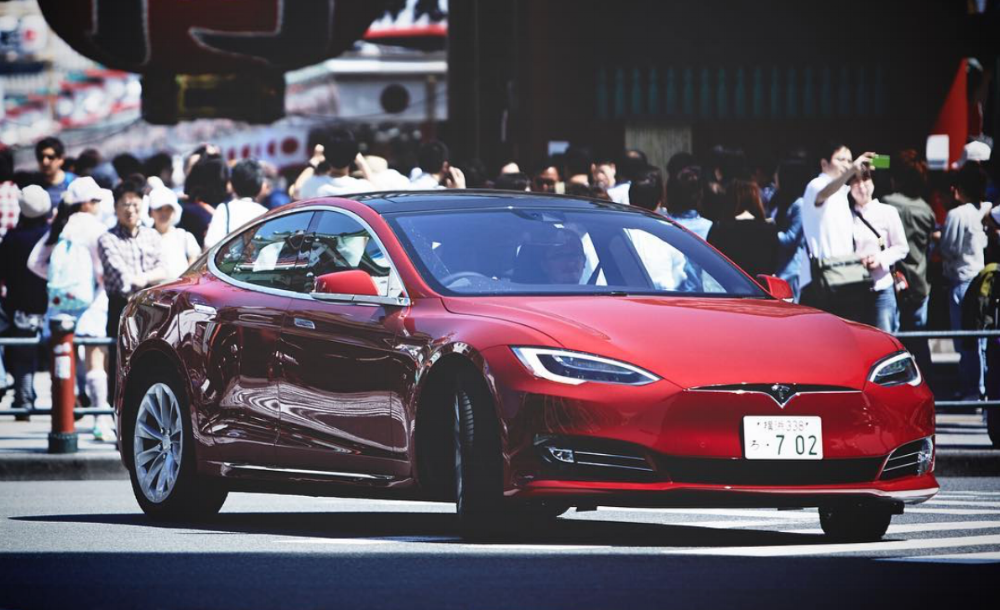A single tweet in August cost Elon Musk $20 million and his spot as chairman of Tesla, the Palo Alto-based automotive and energy company. Around midday on August 7, Musk informed his 22 million Twitter followers that he was “considering taking [publicly-listed] Tesla private at $420. Funding secured,” thereby garnering attention from Tesla shareholders and the U.S. Securities and Exchange Commission (“SEC”), alike.
The latter – which is the government agency responsible for enforcing the federal securities laws and regulating the securities industry, as well as the nation’s stock and options exchanges – initiated a lawsuit against Musk a month later, asserting that the South African billionaire’s tweets contained “false and misleading statements,” and that he “knew or was reckless in not knowing that each of these statements was false and/or misleading because he did not have an adequate basis in fact for his assertions.”
The case was filed on September 27 and was settled within 48 hours. As part of the since-court approved settlement, Musk agreed to pay a $20 million financial penalty (on top of the $20 million that Tesla will pay) and to step down from his role as Chairman of the Tesla board. He will be replaced by an “independent Chairman,” rumored to be James Murdoch, the chief executive officer of 21st Century Fox (and son of media mogul Rupert Murdoch). Musk has, however, been able to hang on to his CEO title.
Additionally, “Tesla’s board will adopt important reforms—including an obligation to oversee Musk’s communications with investors,” Steven Peikin, co-director of the SEC’s Enforcement Division, said in a statement last month. “The resolution is intended to prevent further market disruption and harm to Tesla’s shareholders.”
While U.S. District Judge Alison Nathan of the Southern District of New York approved the SEC, Musk settlement early last week, thereby, officially putting the parties’ lawsuit to bed, the case “gives ammunition to short-sellers pursing separate cases and to a probe by the Justice Department,” according to Reuters.
“The real worry for the company is not the SEC but private actions that follow a settlement like this,” said Charles M. Elson, director of the Weinberg Center for Corporate Governance at the University of Delaware. “By paying that size fine, it bolsters investors’ claims over stock market losses.”
And many of Tesla’s shareholders – not relying exclusively on the $40 million settlement and board switcheroo – have taken to filing claims in U.S. courts, alleging that they have suffered damages as a result of Musk’s deceptive tweets, in some cases to the tune of as much as $3.5 million. In fact, the lawsuit started just days after Musk initially pressed “tweet” on his plans to take the company private, with stock trader Kalman Isaacs filing a class-action lawsuit on August 10, arguing that Musk’s tweets constituted securities fraud. Isaacs’ suit was followed by a number of additional suit, which all claim that Musk’s and Tesla’s conduct artificially inflated Tesla’s stock price and violated federal securities laws.
In the wake of the SEC case and settlement, there has been a flurry of legal activity. For instance, Reuters reported that early this month, the Tempus International Fund and the Opportunity Unique Fund, which are both managed by Brazil’s Opportunity Gestão de Investimentos e Recursos Ltda, are among more than a dozen different Tesla investors to file motions this month in federal court in San Francisco, where U.S. District Judge Edward Chen is overseeing lawsuits stemming from Musk’s tweets.











